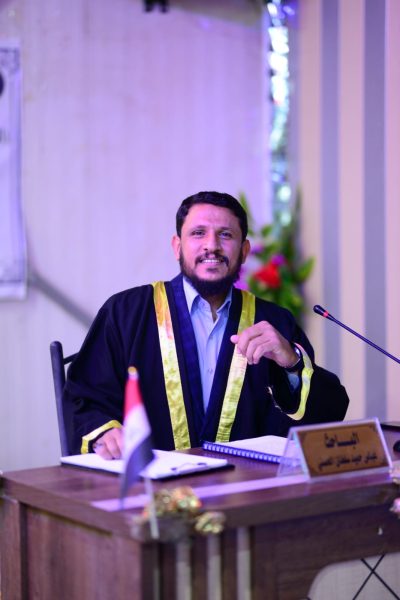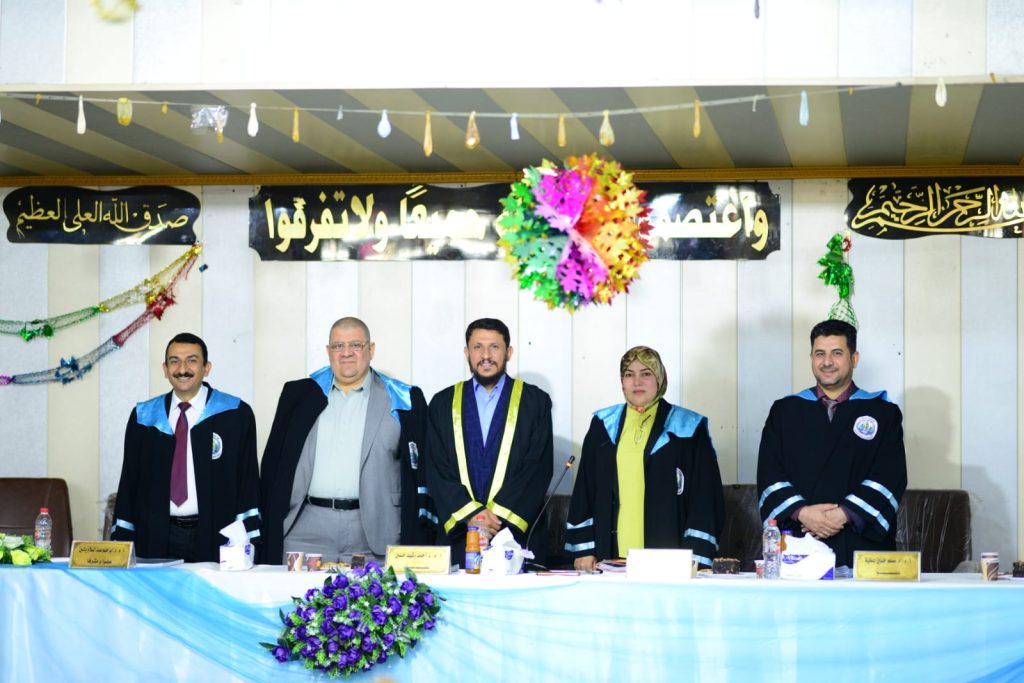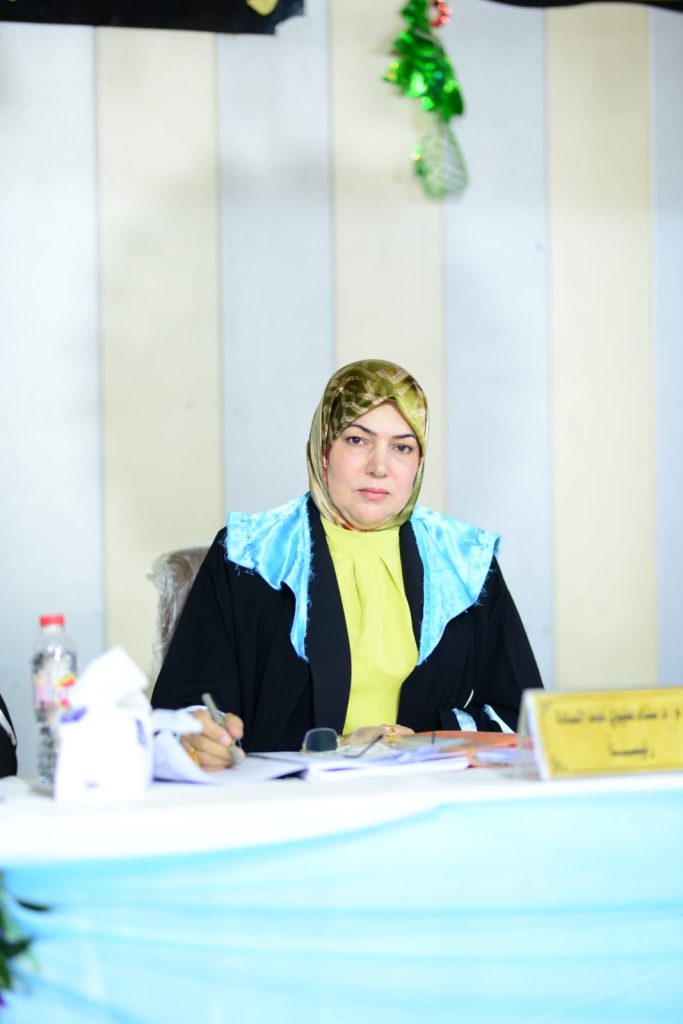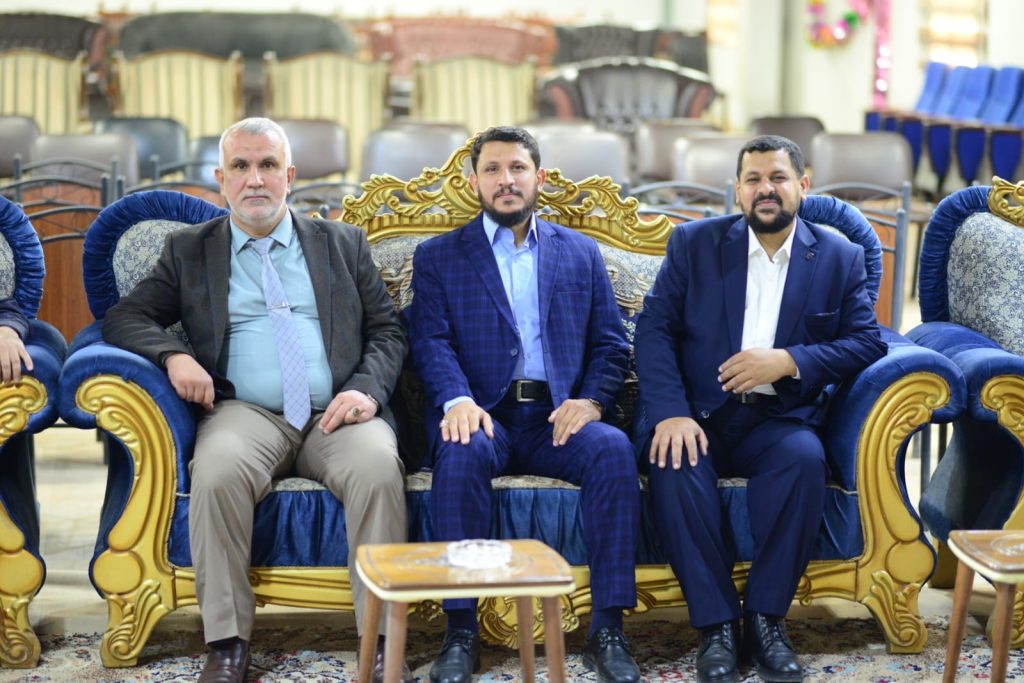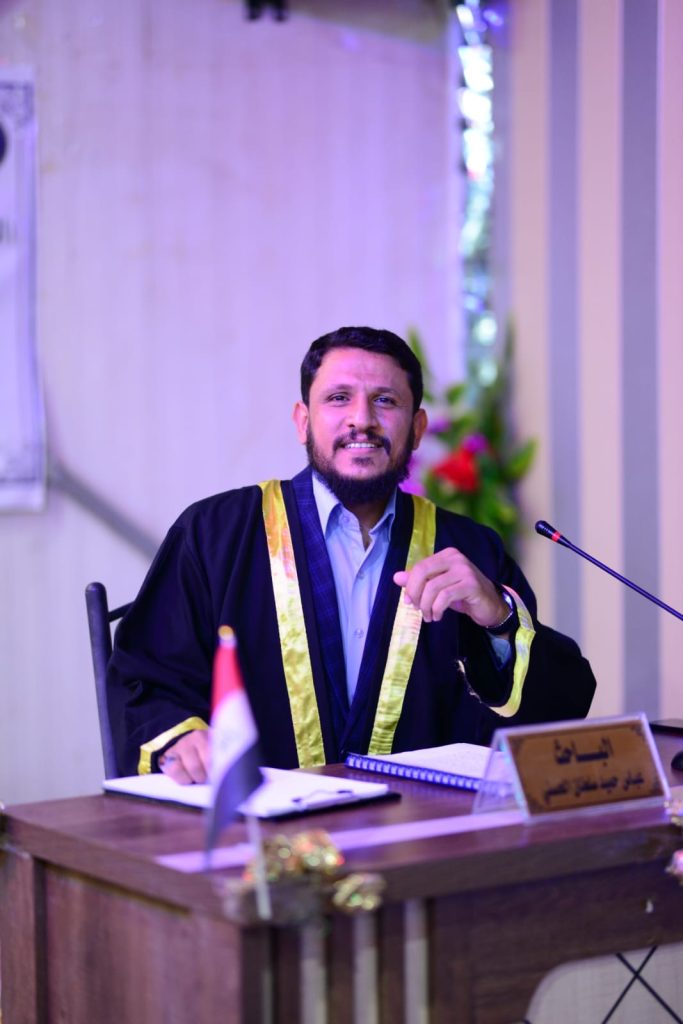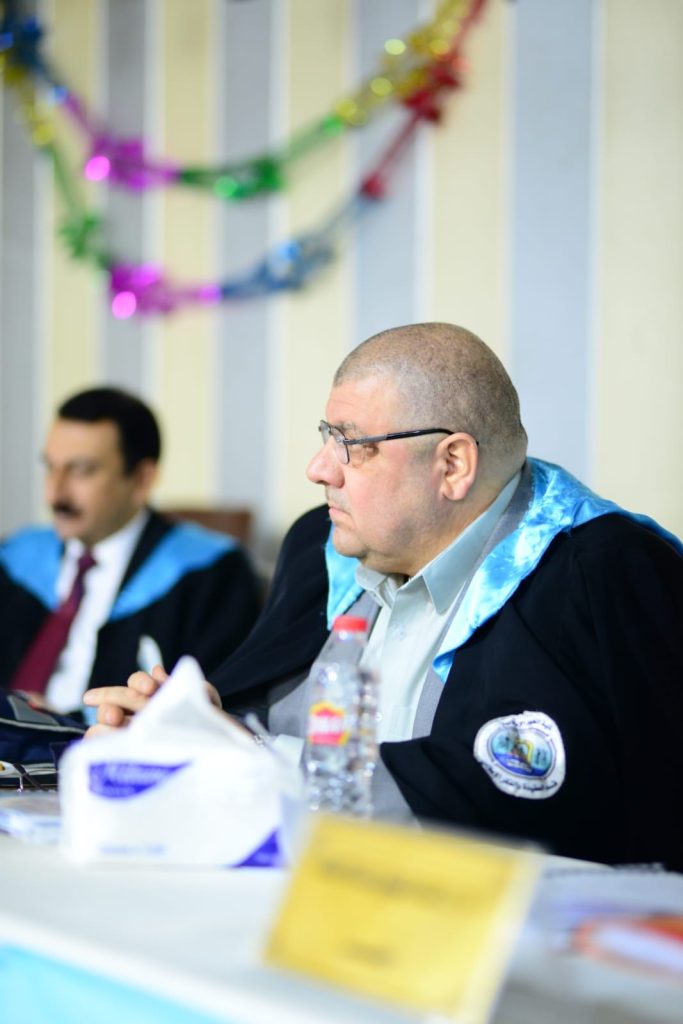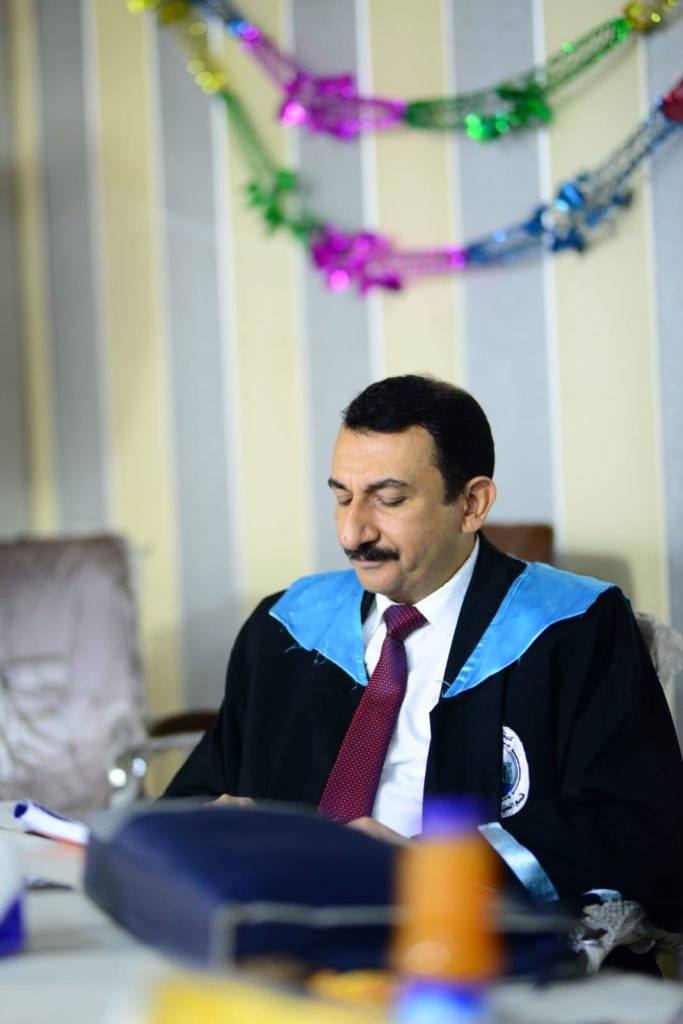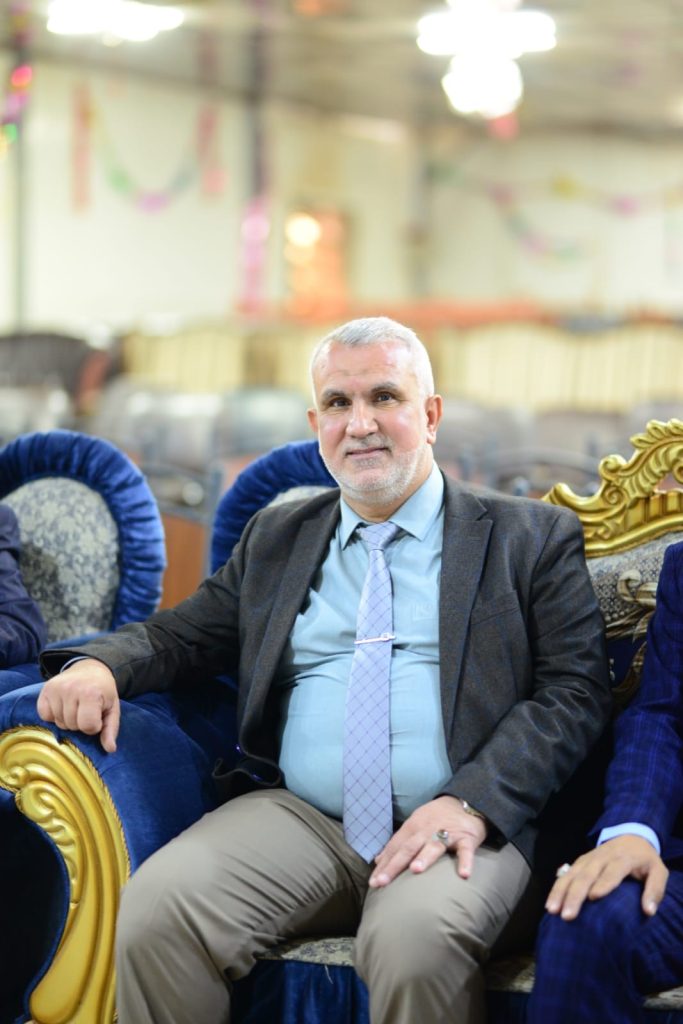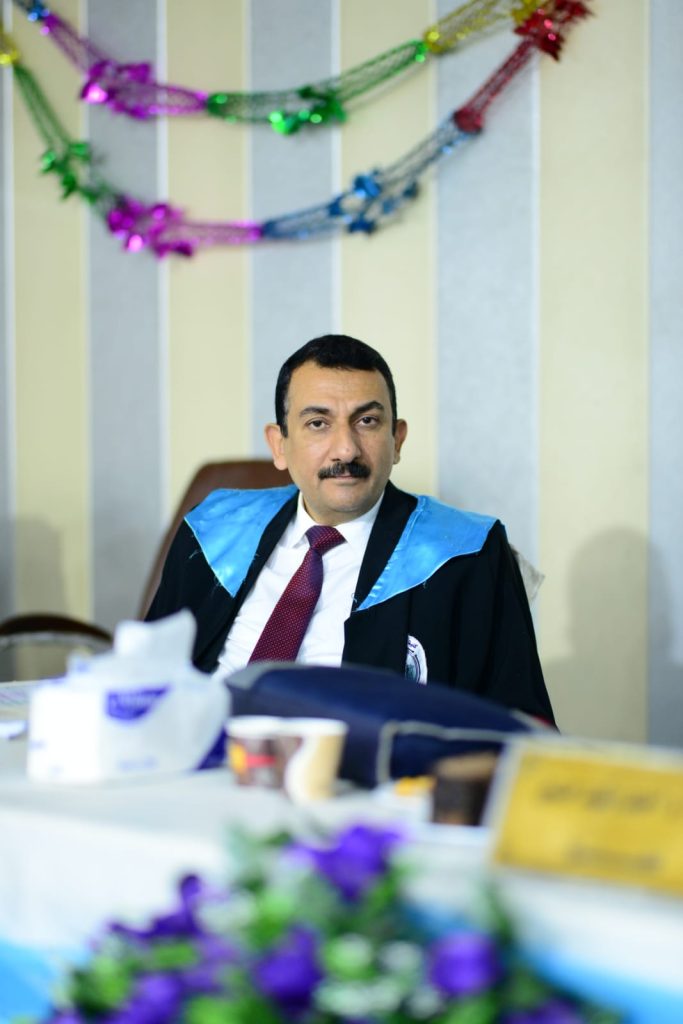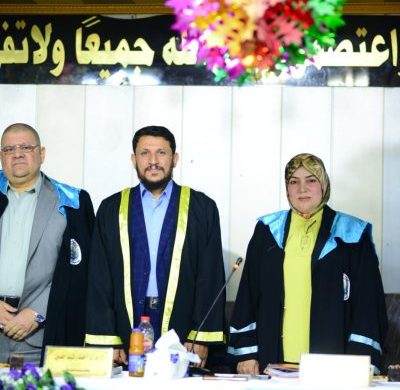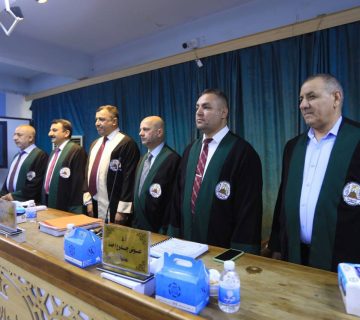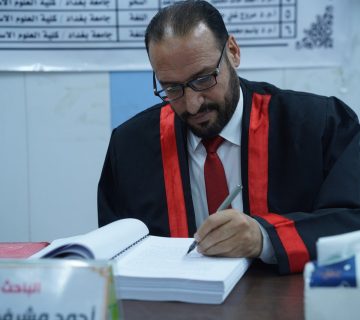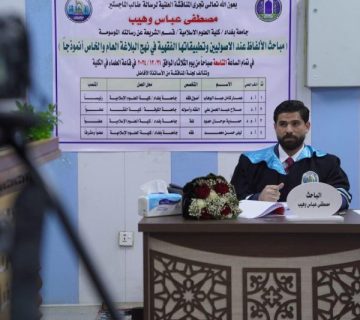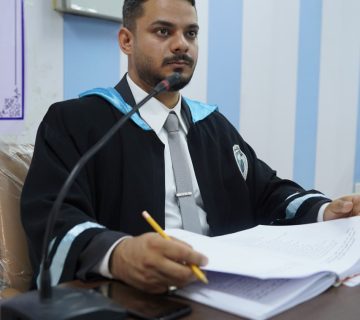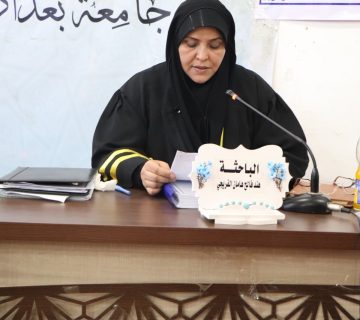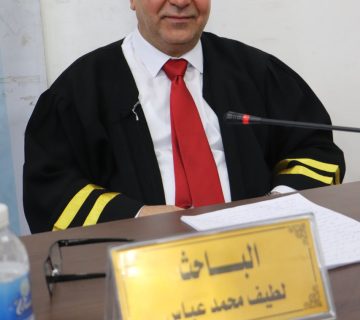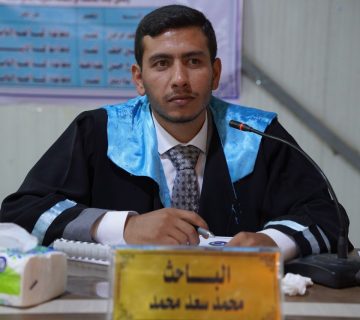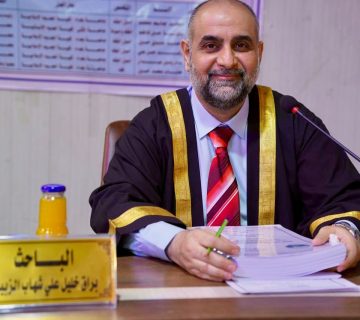The College of Islamic Sciences at the University of Baghdad discussed the thesis titled “Exegetical Efforts of Sayd Mohammad Baqir Al-Sistani in his Encyclopedia ‘Methodology of Verification in Religion'” presented by the student Abbas Hameed Sultan from the Department of Creed and Islamic Thought in Al-Zahra Hall.
The significance of the thesis lies in its contribution to serving the Holy Quran and promoting its understanding. It represents the first study focusing on the personality of Sayd Mohammad Baqir Al-Sistani and his interpretative methodology. The research delves into his intellectual contributions through significant and prominent writings within the academic community. Al-Sistani employed various approaches in interpreting Quranic verses, including the traditional, grammatical, and scientific methods. The study explores the Holy Quran, shedding light on his exegetical efforts and elucidating his opinions within it.
The thesis produced a set of results and recommendations, with the most important being that the researcher concluded that Al-Sistani in his encyclopedia was in the process of composing a book on creed and Islamic thought. The purpose was to clarify authentic Islamic features and dispel suspicions directed towards the true religion. The study indicated that the encyclopedia, “Methodology of Verification in Religion,” was a persuasive and evidential research employing rational, scriptural, and general customary evidence. It demonstrated a diversity of discourse levels to cater to the reader’s understanding, aiming to disseminate religious information to all segments of society. The researcher recommended that this encyclopedia, serving as a methodology for verifying religion, should become a source for an academic curriculum. Some of its topics should be taught in Islamic universities due to its richness in Islamic thought, supported by Quranic verses and noble traditions, intertwined with convincing rational evidence. The religious discourse should be a moderate discourse based on the persuasion of scientific evidence and rational proofs, steering clear of hate speech and exclusion.
The thesis was approved with a satisfactory evaluation by the examining committee, which consisted of Dr. Sanaa Aliwi as the chairperson, Dr. Muslim Hussein, and Dr. Ahmed Rashid as members, and Dr. Ibrahim Abdul Salam as a member and supervisor. The defense session was attended by Professor Dr. Nama Dhiab Farhan and his administrative assistant, Dr. Arkan Rahim Jabr, to closely follow the academic proceedings.


